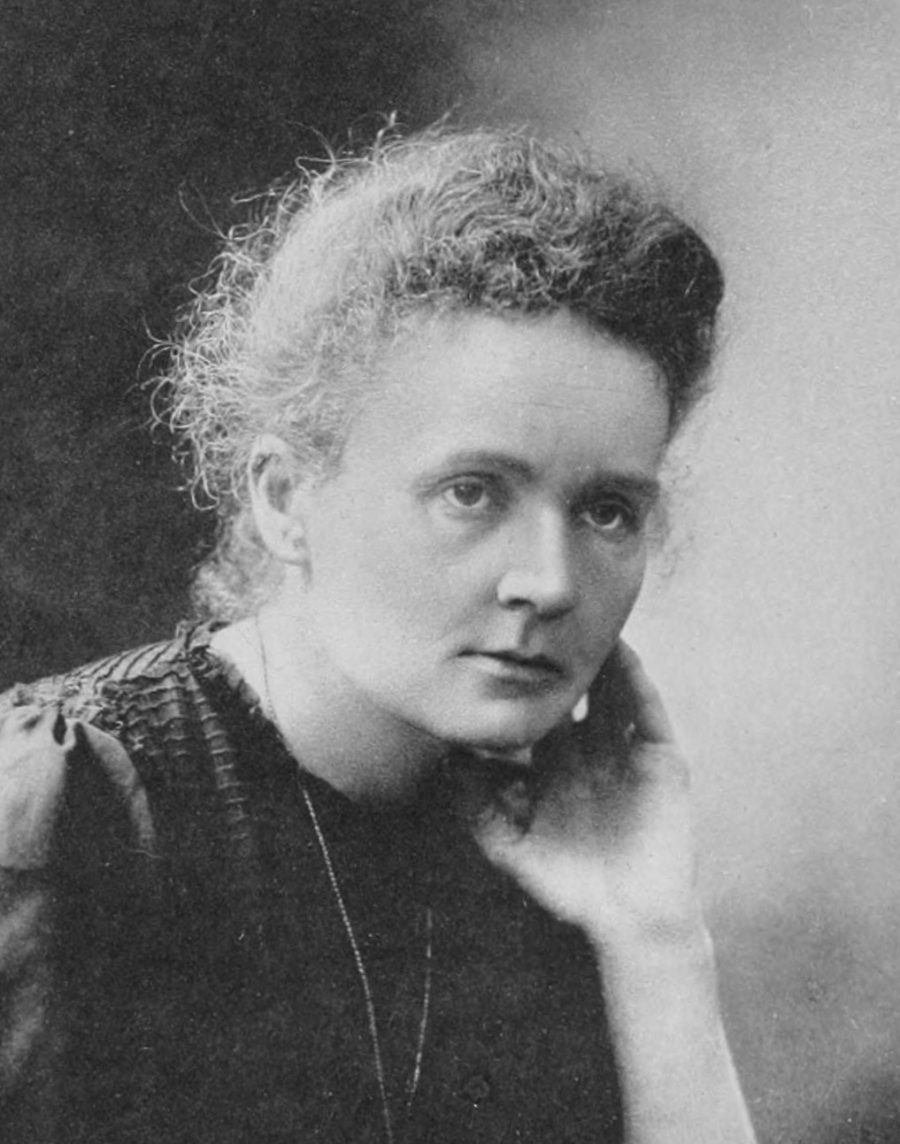Overview:
The first woman to win a Nobel Prize in chemistry was Marie Curie. She got the esteemed honor in 1911 for her notable work in the field of radioactivity. Marie Curie was a leading physicist and scientific expert who made critical commitments to science, especially in figuring out radioactive components.

Marie Curie's excursion to the Nobel Prize in Science started with her disclosure of the components polonium and radium, which she distinguished while working with her better half, Pierre Curie. Her fastidious examination of the properties of these components and their radioactive conduct established the groundwork for the improvement of nuclear material science and science. Her work was instrumental in progressing logical information about radioactivity, a term she begat herself.
Preceding winning the Nobel Prize in Science, Marie Curie had proactively left a mark on the world by turning into the principal lady to win a Nobel Prize. In 1903, she shared the Nobel Prize in Physical Science with Pierre Curie and Henri Becquerel for their aggregate work on radioactivity. This made her not just the main lady to win a Nobel Prize but additionally the main individual to win Nobel Prizes in two different logical fields.
Marie Curie's accomplishments were striking, particularly taking into account the difficulties she faced as a lady in a dominatingly male-overwhelmed field. Her commitment, constancy, and logical brightness procured her worldwide acknowledgment and left an enduring heritage in established researchers. Her work not just prepared for future exploration in atomic science but in addition motivated ages of ladies to seek after vocations in science and innovation.
Read more: Who wrote the novel "One Hundred Years of Solitude"